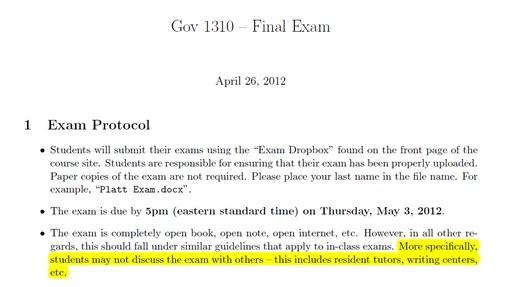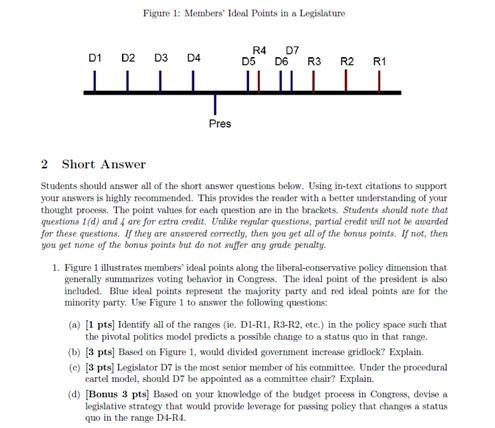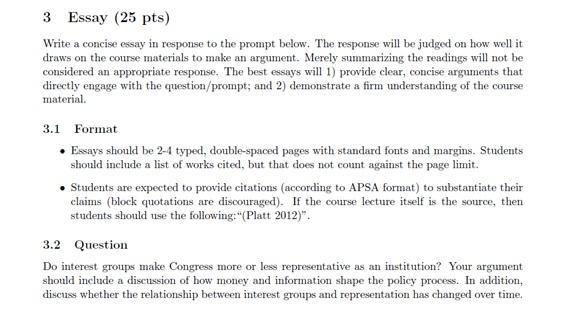September 1, 2012
The Harvard Cheating Scandal Is Stupid
 discussing it with people in government is fine because it won't help. good luck
discussing it with people in government is fine because it won't help. good luckCAMBRIDGE, Mass. -- Harvard University is investigating what it calls an "unprecedented" case of cheating. College officials say around 125 students may have shared answers and plagiarized on a [Introduction To Congress] final exam.
What a scandal that such a thing would happen at Harvard! "Academic integrity issues are a bedrock of the educational mission." And etc.
Before everyone rushes to their predetermined sides, can we ask why, when there are cheating scandals, they are almost always in introductory classes? When the stakes are lowest?
75% of the students in these kind of courses get As and Bs because of Grade Inflation. I'd put big money down that if I used a crayon to draw an elephant and a donkey I'd get at least a B+ with the margin comment, "Interesting take, could you elaborate?"
And yet the students here felt compelled to cheat. Take a minute away from your self-righteousness and put yourself in their shoes. Did they not think they could get an A on their own? Or.... is "cheating" the only way to create the kind of answer that the professor wants?
Let's find out. Here's the test:


"Using in-text citations to support your answer" is the standard way academics pretend at knowledge, and it is always a trick, it doesn't allow the reader "a better understanding of your thought process," it is an appeal to authority (Salmon 2006) masquerading as critical thinking (Ennis 1987). But it sure makes grading easier, here is the answer key: >5 references: A. 3-4 references: B Etc.
If I gave this test to other government professors not affiliated with the course, I'm sure they'd have good answers-- but would it be "what the professor is looking for?" That's the phrase that alerts you to the fact that the class isn't designed for you to learn but for him to teach. All for the fair market price of $2000.
II.
You know what's funny? If 125 American soldiers all simultaneously broke some military rule of conduct, the noise that would blow out your eardrums would be Harvard professors yelling about how the administration was to blame for creating a culture that facilitated that misconduct. "This is not the random acts of a few bad apples, this is a natural consequence of the policies of Rumsfeld and Cheney!" Short memories, everyone? Not me, I drink to remember, and I drink a lot.
There's your hypocrisy, and it is magnificent in its conscious blindness and unconscious rationalization. I defy you to find me one single professor that is now asking, "seriously, gang, what the hell kind of operation are we running here where 125 of theoretically the brightest kids in the country-- who can all pass physics and organic chemistry and write novels and play music without ever cheating-- then do it in a $2000 Intro To Gov class we probably shouldn't even be offering?" Any soul searching? Deconstruction of the system? Sleepless night over destroying the lives of 125 kids? Anything?
Harvard says that it noticed students used similar phrasing and strings of words, which could signal cheating but let me offer a more uncomfortable alternative: the gated community of academic jargon.
On a hunch, by which I mean a complete and utter certainty, I hit up some of the course professor's academic papers. Here is the very first sentence in the very first paper I read:
Context is the frontier of participation research.
Right. 7 simple words, have any idea what the hell they mean? Don't think too hard about it: they don't mean anything. Professor Platt is eyeballs deep in academiaitis, the jargonization of the meaninglessness of the work. The move is to make you feel stupid so you don't see this meaninglessness, for example when you're confronted with a paper titled in the following format: X, Y, And Z: 15 To 20 Syllables About Something No One Gives A Damn About, where X and Y are linked rhythmically if not semantically and Z is an abrupt non-sequitor indicative of the writer's atrophied left cerebral hemisphere (Gray 1918). For example:
Boons, Banes, and Neutrals: Contest and Disparities in Political Participation
and
Innovation, Inevitability, and Credibility: Tracking The Origins of Black Civil Rights Issues
Those are both his, I knew they would be there before I looked for them, and I knew this because 125 people simultaneously understood that there was no way out except to "cheat" on a final they were all going to get As on anyway. I don't blame him for writing like this, for thinking like this: that's how he was taught to think and write (which is why his final exam questions are incomprehensible), and he would never have gotten his PhD unless he wrote like this, because either you are part of the system, or you are an enemy of the system. There are no other choices, and he chose a. Please note a= Assistant Professor.
So the point here isn't a critique of Professor Platt's academic career, but that he is now paid to teach his sleight of hand illusions to students who find themselves... at a bit of a disadvantage. "This is how intelligent people think," they're told. Granted, it does seem complicated. But the whole thing is a carnival trick, because what the students do not know, what they have not been told, is that it is completely impossible to summarize jargon without appealing to that very jargon; that the moment you try to explain, in simple ordinary English the meaning of the jargon, your whole paper ends up being three sentences. So what can you do when the question asks for 2-4 pages, other than copy "similar strings of words?" You could run a po-mo generator, I guess.
Because I know that some of you over 40 are stupid, I will state explicitly that of course cheating is wrong and it shows a lack of moral character, but I am forcing you to ask whether 125 people simultaneously cheating might be indicative not of a sudden resurgence of Satanism but an outbreak of encephalitis, with Professor Platt as Patient Zero?
This is why I am able to say, controversially but with absolute certainty, that everyone in that class cheated: if they didn't copy off of each other, they copied off of the professor, with no internalization of the "knowledge" because that was never the point of the class. If you want to try and tell me how those are any different, I'll be at the bar.
So let me make my own counter-allegation: the students aren't guilty of cheating, the university is guilty of entrapment. Here's what you're not allowed to do: ask a basic question, "Do interest groups make Congress more or less representative as an institution?" and then threaten that "the response will be judged on how well it draws from the course materials to make an argument." NO. You could evaluate the answer on its merits or the rigor of the thinking, but whether and how it draws on the course materials is exactly what you do not want-- it facilitates the grading of the essays, sure, keeps everything inside the gates, but it derails learning. When you write that, you force 125 people to collaborate on the real final exam question: "What does the professor want?" Apparently, what he wants is an easy way to grade, and you all got caught accommodating him.
Since this is a government course, let me give you an important lesson in government, one which, unsurprisingly, is never taught: "It is not the young people that degenerate. They are not spoiled until those of mature age are already sunk into corruption." That's Montesquieu. Don't worry, it won't be on the test.
http://twitter.com/thelastpsych
--
Are Law Schools Lying To Their Applicants?
126 Comments